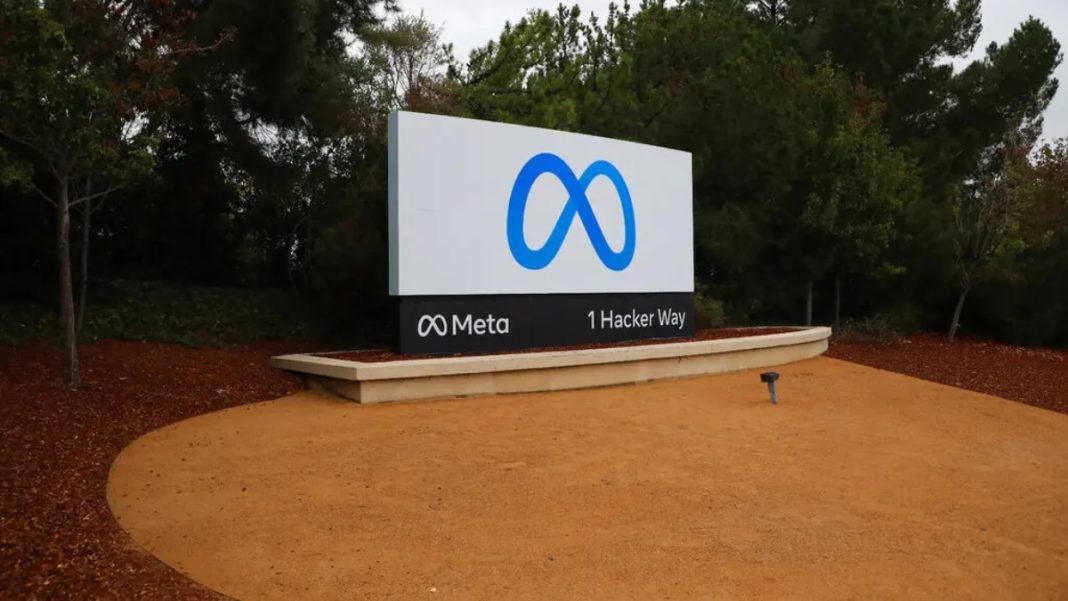Key Takeaways
- Meta faces a class-action lawsuit alleging it suppressed internal research showing Facebook and Instagram cause mental health harm
- Court documents claim Meta prioritized growth over child safety and designed addictive features
- A 2020 study showed users reported lower depression and anxiety after deactivating Facebook and Instagram
- Meta denies allegations, calling the research methodologically flawed
Facebook’s parent company Meta is facing explosive allegations in a US class-action lawsuit that claims the tech giant deliberately hid internal research proving its platforms cause mental health harm. The lawsuit alleges Meta suppressed findings that showed causal links between social media use and increased depression, anxiety, and loneliness.
Lawsuit Details and Corporate Negligence Claims
School districts across the United States have filed court documents against Meta, Google, TikTok, and Snapchat, accusing the companies of prioritizing growth over user safety. The legal action intensifies scrutiny on Big Tech’s role in the youth mental health crisis.
The lawsuit presents disturbing claims of corporate negligence, including allegations that social media platforms:
- Knowingly designed addictive features targeting teens and children
- Tacitly encouraged underage usage despite platform policies
- Ignored child sexual abuse material on their platforms
- Paid child-focused organizations like the National PTA for endorsements
Internal Communications Reveal Concerning Priorities
Court filings include damaging internal communications from tech companies. TikTok staff reportedly boasted about influencing the PTA, noting the organization would “do whatever we want going forward… they’ll announce things publicly, their CEO will do press statements for us.”
Meta allegedly stalled predator protection measures for years due to growth concerns and set what internal documents called a “very, very, very high strike threshold” – requiring 17 violations before removing sex traffickers.
Project Mercury: The Suppressed Study
At the center of the allegations is “Project Mercury,” a 2020 study where Meta partnered with Nielsen to examine the effects of deactivating Facebook and Instagram for one week. The results clearly showed participants reported:
- Lower depression levels
- Reduced anxiety
- Decreased loneliness
- Less social comparison
Despite these findings, Meta allegedly halted the project, dismissing the results as “tainted by the existing media narrative.” An unnamed researcher involved noted, “The Nielsen study does show causal impact on social comparison,” adding an unhappy face emoji.
Another staffer compared Meta’s silence to tobacco companies “doing research and knowing cigs were bad and then keeping that info to themselves.”
Meta’s Response and Denial
Meta spokesperson Andy Stone strongly denied the allegations, stating: “The full record will show that for over a decade, we have listened to parents, researched issues that matter most, and made real changes to protect teens.”
Stone called the methodology of the internal study flawed and insisted Meta’s teen safety measures are effective, with immediate action taken against sex trafficking content.
“We strongly disagree with these allegations, which rely on cherry-picked quotes and misinformed opinions,” Stone added. Meta has moved to strike the documents from the case, arguing the plaintiffs’ request was overbroad.
The court hearing for these filings is scheduled for January 26 in Northern California’s US District Court.




